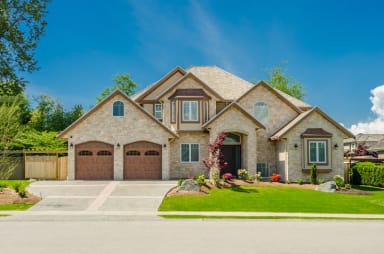Home insurance covers a range of natural disasters, such as fire, wind and hail, but there are limits and it depends on the type of home insurance you have.
Types of Home Insurance
- HO-1: Covers your dwelling only against a short list of named perils; personal property is not usually covered.
- HO-2: Covers both your dwelling and personal property, but only for specific named perils listed in the policy.
- HO-3: Covers your dwelling on an open-peril basis and personal property for named perils only.
- HO-5: Covers both your dwelling and personal property on an open-peril basis.






